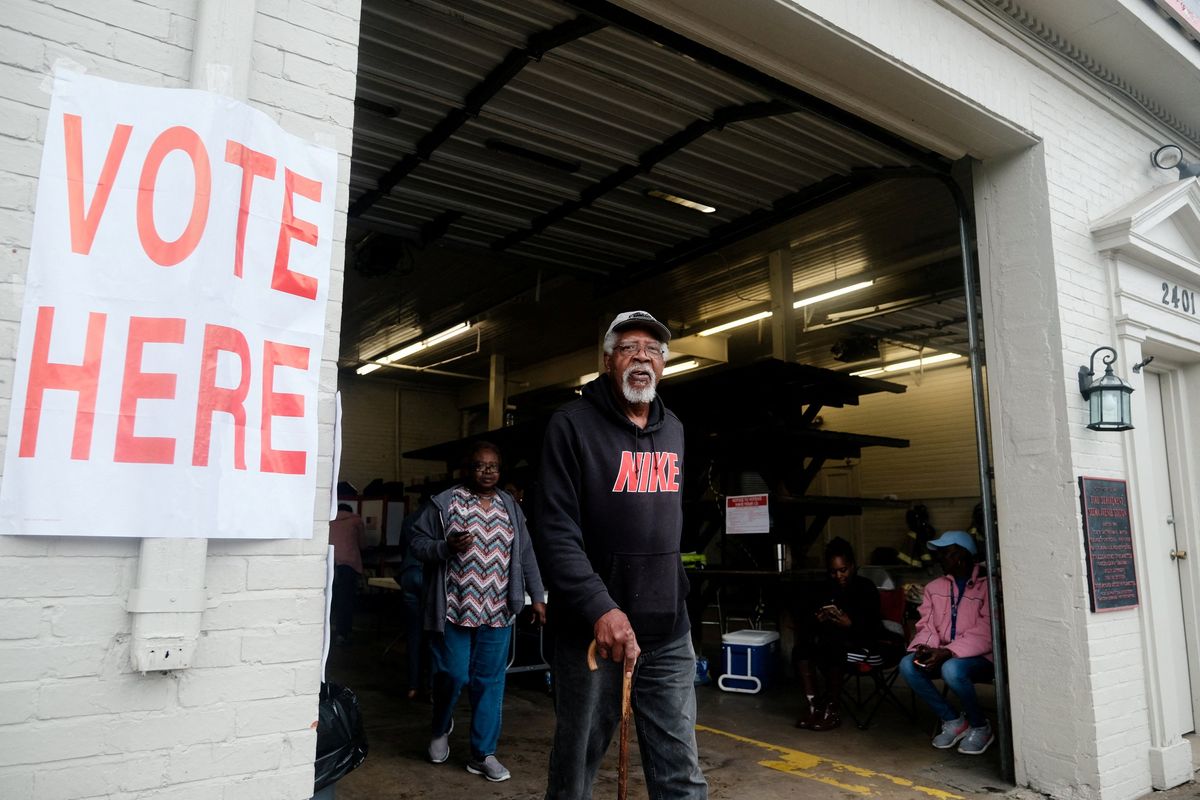In a surprising decision on Thursday, the US Supreme Court ruled in favor of voting rights advocates, deciding — in a 5-to-4 vote — that Alabama has carved up the congressional map to dilute the power of Black voters.
What’s this case about? After conducting the census in 2020, the deep-red state left only one out of seven districts majority Black despite the fact that Black voters make up 27% of the vote statewide.
A lower appeals court had previously ruled against Alabama, saying the map needed to be redrawn to be more favorable to Black residents. SCOTUS, for its part, last year put its decision on hold, meaning that the US midterm elections were held according to this now-defunct gerrymandered map.
Indeed, the outcome — in which Justice Brett Kavanaugh and Chief Justice John Roberts, two conservatives, sided with the court’s three liberal justices — surprised many who feared that the majority-conservative court might back Republican-dominated states trying to strip back the 1965 Voting Rights Act, which prohibits racial discrimination in voting.
Still, in handing down his decision, Roberts wrote that there were remaining concerns that the original law in question “may impermissibly elevate race in the allocation of political power within the States.” But for now, it sets a precedent for other states trying to pull similar tricks.
Want to learn more? Tune in here to Ian Bremmer’s interview with Yale Law School Senior Research Fellow Emily Bazelon on the latest episode of GZERO World. Bazelon, the host of Slate’s Political Gabfest podcast, unpacks some of the big cases argued before the court this term.


















